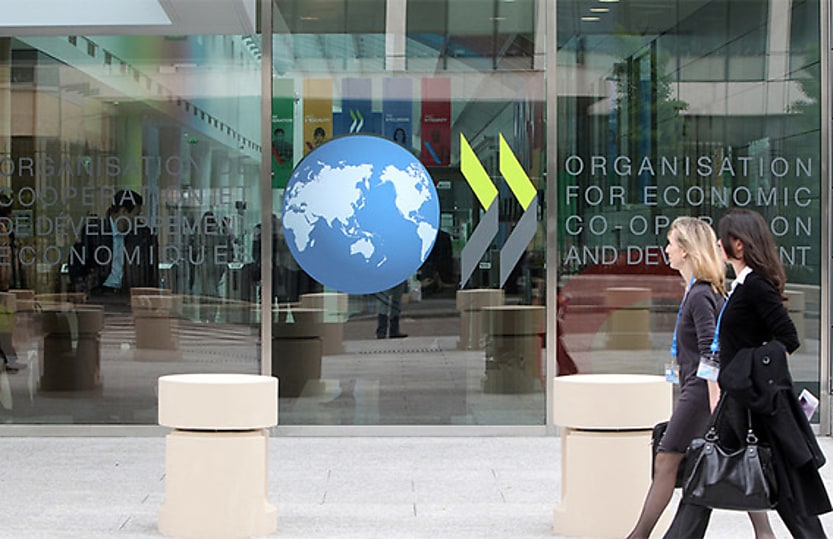Australia’s R&D tax incentives among world's most generous: OECD

Other high-ranking countries included Colombia, Ireland, Iceland, Japan, Lithuania and Portugal.
Australia’s R&D tax incentives are among the most generous in the developed world, according to the latest annual report from the OECD.
Australia was one of a handful of countries that provided two-thirds or more of its government support for business R&D through tax incentives, the report released last week said.
The other high-ranking countries out of the OECD's 38 members included Colombia, Ireland, Iceland, Japan, Lithuania and Portugal.
The OECD said governments were increasingly using tax incentives to promote business R&D, with the magnitude of government tax relief for R&D expenditure as a percentage of GDP nearly tripling from 0.04 per cent in 2000 to 0.12 per cent in 2020.
“Generous R&D tax relief provisions compensate for relatively low levels of support through direct funding, such as R&D grants and procurement of R&D services,” it said.
“They make eligible investments financially advantageous to firms, driving growth, but reduce governments’ direct tax intake.”
Australian businesses can currently receive up to 43.5 per cent cash back on R&D spending, with the size of the available rebate depending on a business’ aggregated turnover.
According to latest estimates, rebates for R&D investment are expected to increase by nearly $500 million next year and $2.6 billion over five years to 2027-28.
“This is due to increases in the overall number and value of expected claims, with higher-than-expected growth in claims by companies in the professional, scientific and technical services sector,” federal budget papers said in May.
The generous incentives on offer partially offset Australia’s high corporate tax rate. The OECD’s report found Australian companies paid an effective average tax rate of 28.5 per cent last year.
This compared to an average tax rate of 22 per cent and was second only to Colombia’s 33 per cent effective rate.
Tax incentives brought the effective tax rate for R&D investment, which currently sits at 27.5 per cent, down 4.8 percentage points to 22.7 per cent.
Australia was also one of only 20 OECD countries offering both expenditure-based incentives based on R&D spending and income-based incentives based on money made from R&D activities, with small and medium businesses the biggest beneficiaries.
Australia’s implied marginal tax subsidy rates for R&D, an indicator of “the expected generosity of the tax system towards an extra unit of a firm’s R&D investment”, showed one of the biggest divergences between small and large firms in the OECD.
“In jurisdictions, such as Australia or Canada, that offer enhanced tax relief provisions for SMEs that are not available to large firms, the indicator shows the difference in the implied subsidies offered to each firm type,” the OECD said.
About the author







